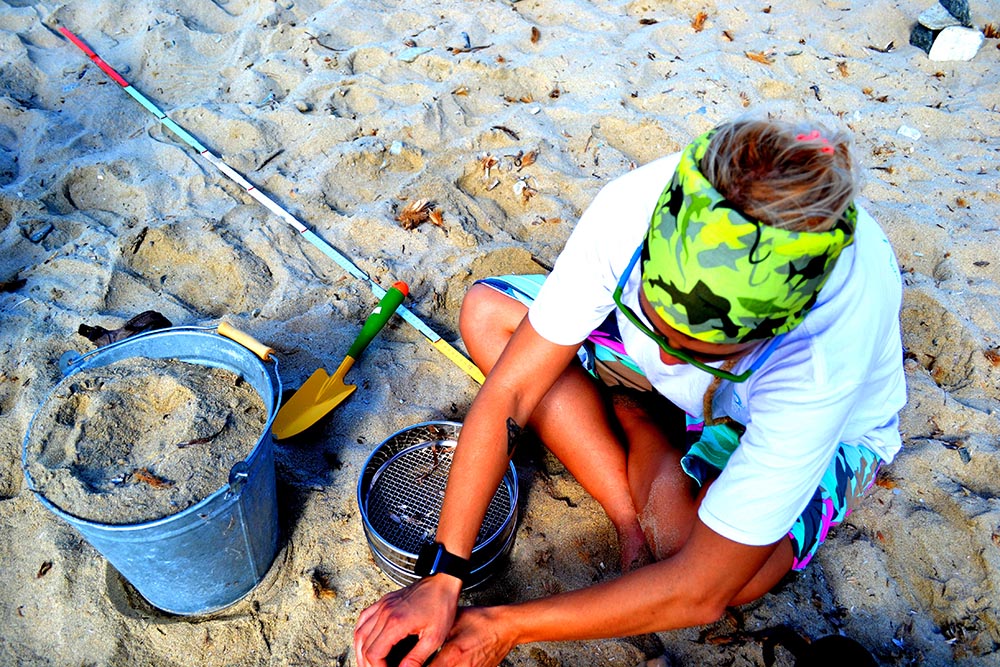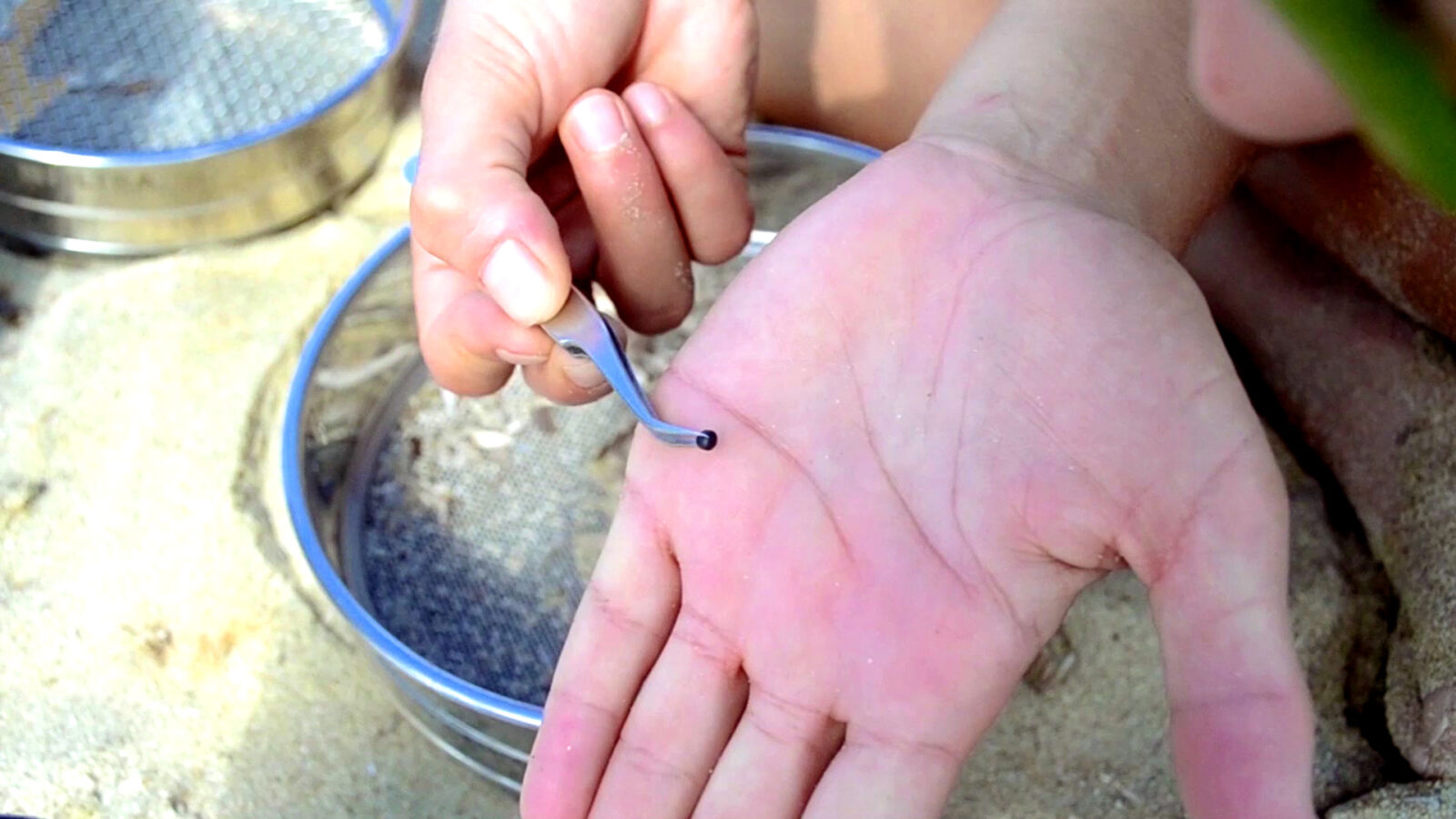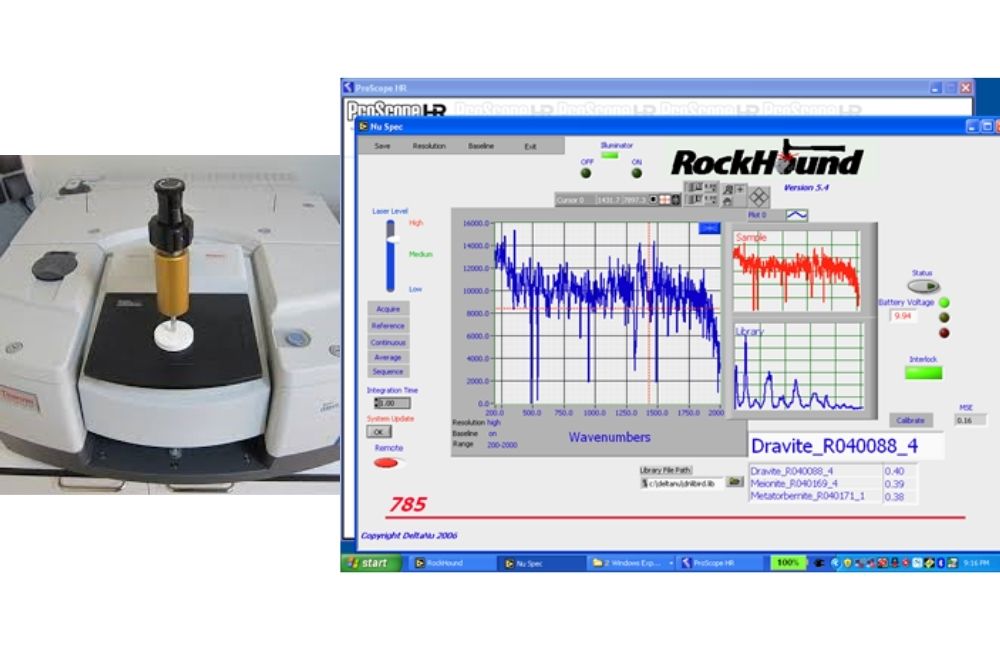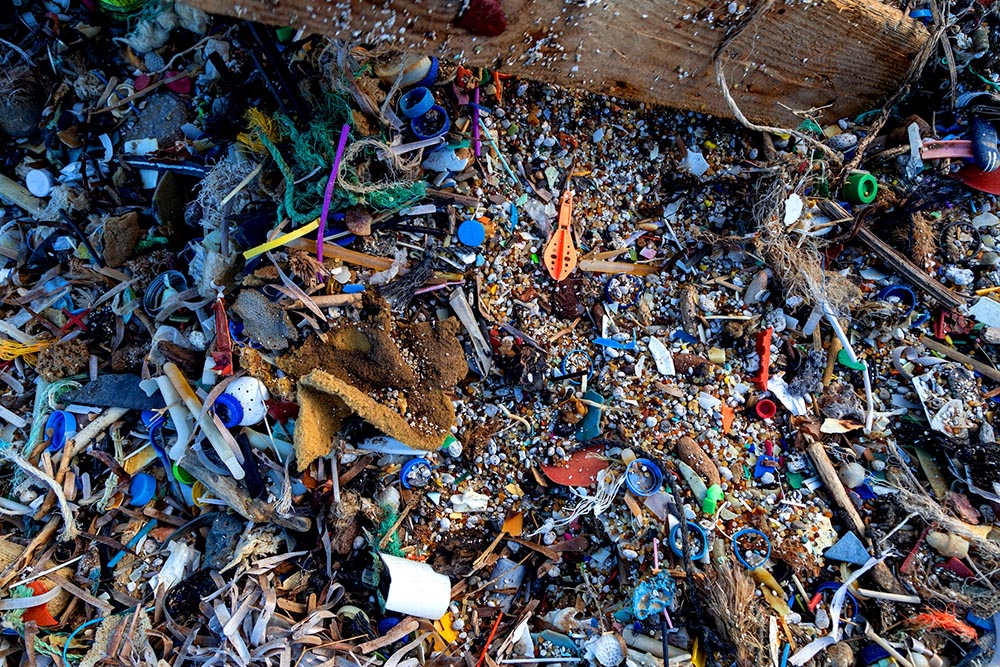As our cooperation with the University of West Attica over microplastics continues, new findings for this major ecological issue that torments our seas come to light. The samples that have been analyzed come from three islands and one coastal region of the country and all demonstrate some common traits.

The collected plastic pellets are actually the raw material of the production of plastic and are used in many fast-moving hygiene products. We also found large quantities of microplastics that are produced by the fragmentation of larger plastic products and microplastics that accumulate pollutants such as pesticides and toxic industrial by-products.
Those findings offer invaluable insight for the way people and communities affect the environment through their habits and set-off the alarm for the wellbeing of the mainland and marine ecosystems.

Our work does not only evolve around activities that just treat environmental pollution but expands further to preventing it and educating people based on data that have emerged through robust scientific analysis. We go forward with determination to creating another database that will illustrate all facets of the problem throughout Greece with one great goal in mind: to discover and uncover the nature of all that plastic that comes in the form of microplastics.




